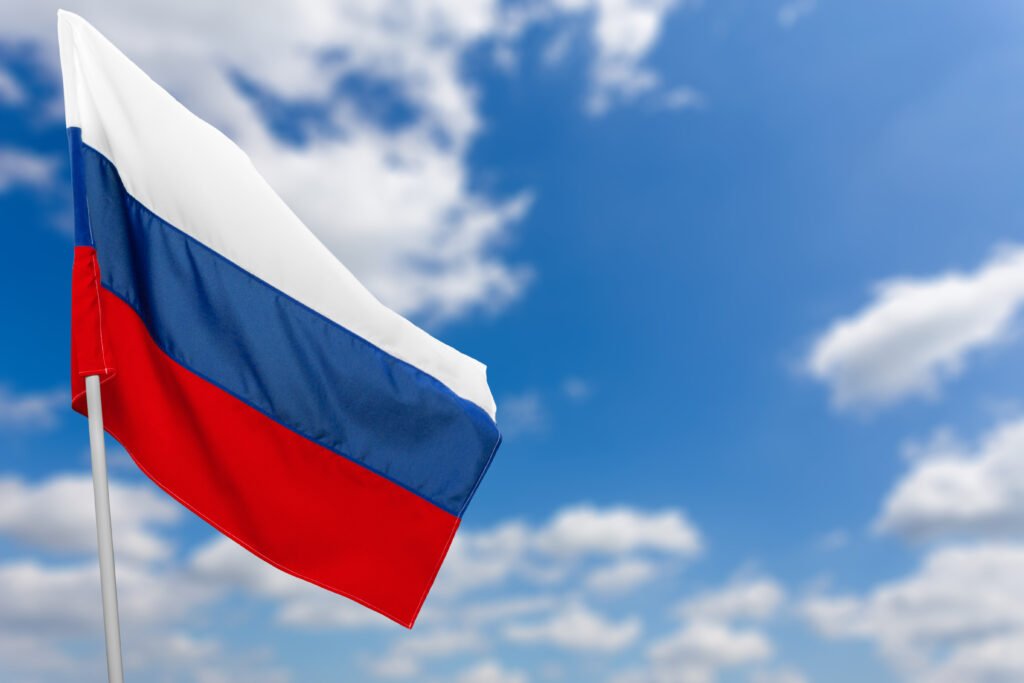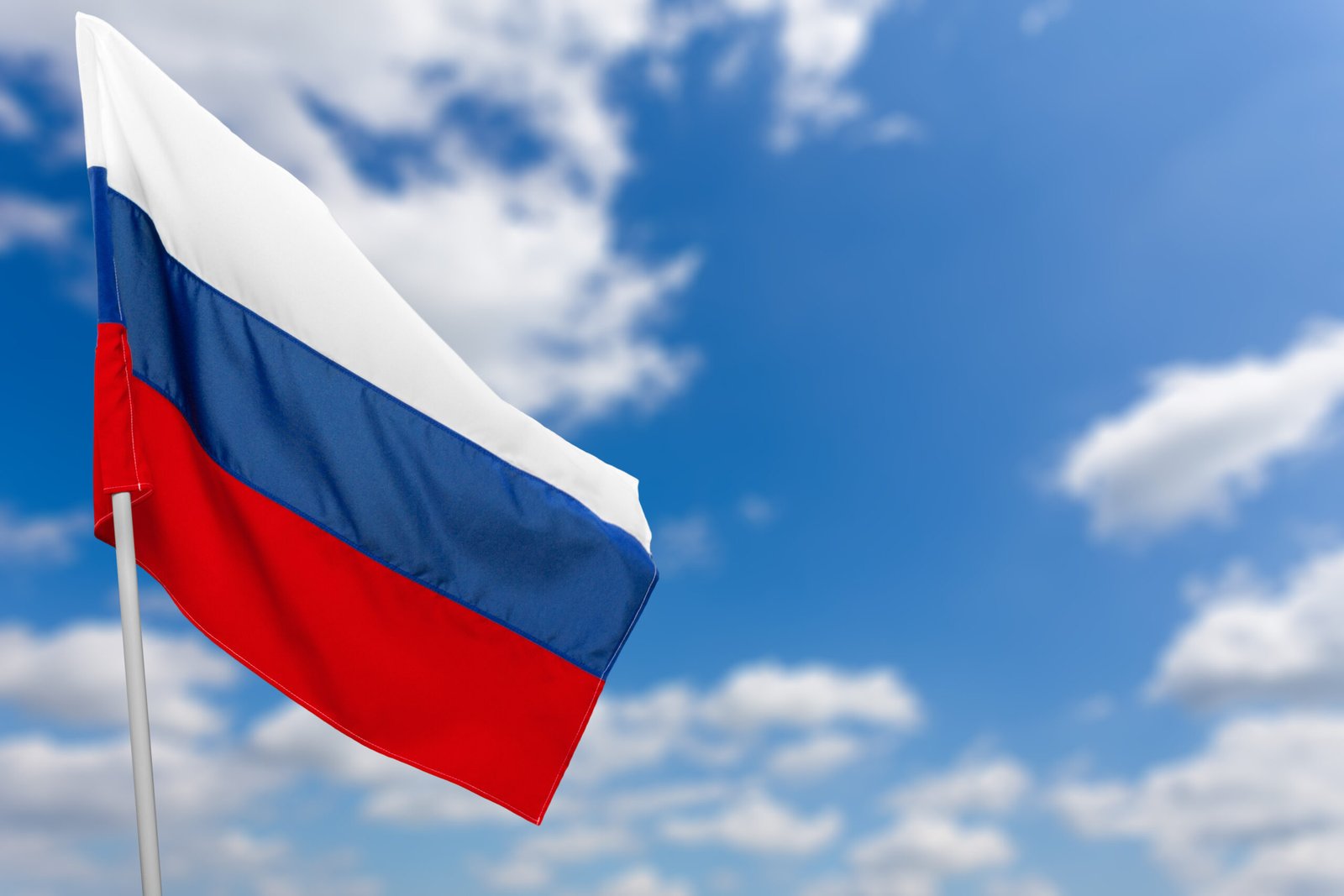In the ongoing geopolitical saga of Russia and Ukraine going on war, global tensions continue to escalate. Discussions around imposing further sanctions on Russia have been making rounds. Let’s look at the complexities and how the tale of russian sanctions have unfolded.

Historic Sanctions and What’s Next
Russia has witnessed numerous rounds of sanctions already ever since they went on a war with Ukraine. Despite these measures, there’s consensus that more can be done. The west and NATO have been looking into enforcing existing sanctions and exploring additional targets like energy and potentially metals.
U.S. Political Dynamics
A lot has been going on in the U.S. political landscape that has made President Biden consider additional aid for Ukraine against the backdrop of Alexi Navalny’s death. The internal U.S. dialogue suggests a need for bipartisan cooperation, with a specific call for a sit-down between the Speaker of the House and the President to navigate through the impasse. Discussion around previous Russian sanctions and their effectiveness are also expected to be part of it.
Legislative Challenges
Amid these geopolitical and national concerns, the legislative clock ticks, presenting a harrowing backdrop of deadlines and fiscal responsibilities. The emphasis is on the need for swift action, despite hardened battle lines within the U.S. Congress, particularly concerning immigration policies and the Department of Homeland Security’s oversight. There is a need for an effective smooth transition managing both russian sanctions and fiscal responsibility.
The Shadow Fleet Phenomenon
The core strategy that Russia has employed to circumvent sanctions involves the utilization of a so-called “Shadow Fleet”. They are outdated tankers navigating the seas to deliver oil to countries like Turkey, India, and China. These nations have significantly increased their purchases of Russian crude oil, benefiting from substantial discounts. Through ingenious methods such as ship-to-ship transfers, this Shadow Fleet has managed to operate beneath the radar, facilitating transactions that account for over 20% of the global oil trade.
Financial Implications and Global Reactions
Despite international sanctions, Russia’s shadowy logistics have enabled it to generate an estimated $68 billion in revenue, significantly boosting its defense budget and economic growth. Contrary to initial IMF predictions of a contracting Russian economy, growth forecasts now hover around 2.6%, surprisingly outpacing some Western nations. In response, Western countries are intensifying sanctions and enforcement efforts. However, the initial formulation of these sanctions, amid fears of global energy shortages and rising inflation, was such that they impeded but did not entirely halt the flow of Russian oil.
Political Dynamics and Future Prospects
The political repercussions of such a strategy involve delicate balancing acts, particularly in election years where leaders fear the inflationary impact of tighter restrictions. Furthermore, the dialogue with former Russian Prime Minister M. Kasanov sheds light on the internal Russian context, particularly the nervousness of authorities regarding political unrest and the challenges facing the opposition in fostering meaningful change. The conversation also highlighted that significant leverage lies in controlling oil prices on the international market rather than stopping the purchase of Russian oil outright, aiming to curtail the financial resources available to Putin’s administration.
Read More:- Europe’s NATO Members Rally to Fortify Defense Independently of the US
Conclusion: A Complex Puzzle
The analysis underscores the complexity of international sanctions as a tool for political and economic pressure. While the Shadow Fleet and creative maneuvers have allowed Russia to buffer the impact of sanctions, the evolving global response and the strategic importance of oil prices point to a continuing high-stakes game. The effectiveness of sanctions on Russian oil is not just a matter of enforcement but involves navigating economic ramifications, political will, and the unpredictable interplay of international relations.
This nuanced examination provides valuable insights into the challenges and considerations at play in the quest to leverage economic sanctions as a means of geopolitical strategy.
Fan of Anime? Head on to Pop Media Pulse
